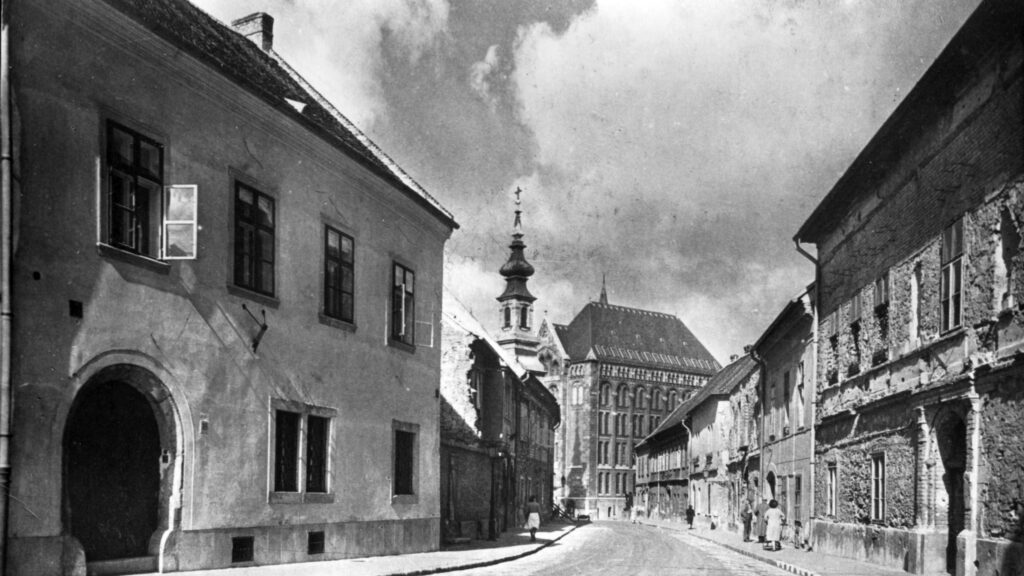Svetlana Alexievich, the Ukraine-born Belorussian author, is one of the best-known oral historians of our time. An investigative journalist by training, Svetlana Alexievich became known for her interview-based novels over the last couple of years. Her latest book, Secondhand Time, was published as the final piece of her series on the ‘Red Utopia’ which includes Voices from Chernobyl and The Unwomanly Face of War. Her ‘novels in voices’ give a chance to average people to tell their stories from and about the Soviet Union. As a closing piece of the series, Secondhand Time is dedicated to the people who remember the Soviet Union, but live their life in a completely different, new world—in the modern-day Russian Federation. Their personal stories include invariably emotional reflections on their lives under and in relation to the Soviet regime.
The book is incredibly powerful in demonstrating how diverse the memory of the USSR is in Russia. The sentiments regarding the collapse of the Soviet Union range from a deep sense of loss to a feeling of relieved liberation. While some remember the past regime for its greatness, others only long for what was familiar in the Soviet Union. With three generations of Soviets having been indoctrinated to be selfless, and put the collective above the individual, not all found their place in the raw capitalism that broke into Russia in the 1990s. The interviews with Second World War Soviet heroes reveal how these veterans found themselves dishonoured by the collapse of the regime that they had served all their lives. Stories of how the idealised and much praised simple workingmen of the USSR found themselves on the streets when their labour was no longer required in capitalist Russia also make up an important part of the book. The tales of how the ‘friendship of nations’ of the USSR turned into bloody and brutal ethnic cleansings in Central Asia and in the Caucasus and stories of families who decided to leave Russia in a quest for a better life abroad are also powerfully recounted in the book. The reminiscences shared in Secondhand Time are more than just a chronicle of the last years of the USSR—the personal stories span the period from the Great Patriotic War (the Russians’ preferred term for WWII) to the 2010s. From Soviet officials and soldiers who committed suicide when the regime fell, to today’s young Russians, who do not even know much about Stalin, or the GULAGs, all make their voices heard in Secondhand Time.
Alexievich does not contextualise the texts—she lets their stories speak instead
The book does not reveal when the individual interviews were recorded, only that the discussions that form the basis of the novel took place between 1991 and 2012. Alexievich does not contextualise the texts, and rarely reveals more about the ‘protagonists’ than their age and name—she lets their stories speak instead. The stories are not interrupted by questions and comments, the reminiscences flow undisrupted, although Alexievich usually met four or five times with each interviewee (and sometimes the interviews happened years apart) to capture the full picture. For her outstanding and unique oral history work, Svetlana Alexievich was presented with a Nobel Prize in Literature in 2015. Secondhand Time was her first book published in English after she received the prize. The book is available in Hungarian bookstores under the title Elhordott múltjaink.
Since its publication, Secondhand Time gained new relevance now that the Western media is discussing in great detail what it describes as Russian nostalgia for the Soviet Union, in relation to the conflict in Ukraine. While some Western commentators were amazed, shocked and resentful about Russians’ sentimental feelings about the Soviet Union, Secondhand Time by Svetlana Alexievich is a powerful literary attempt to make sense of why Russians think of the USSR as they do. It reveals how complex and varied the views on the USSR are, and by revealing this complexity, the book contributes enormously to our understanding of the traumas and experiences that formed today’s Russian society.








